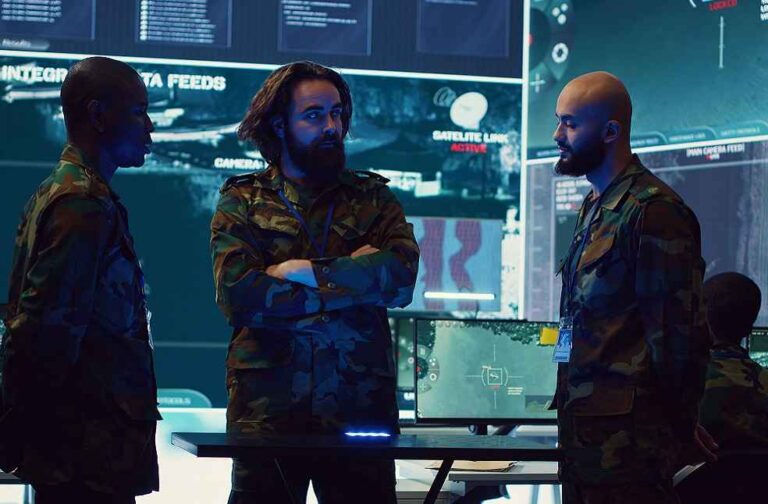As military tensions between Iran and Israel mount, their cyberwar has intensified, with both nations escalating attacks in the digital realm. According to Gaby Portnoy, Director General of the Israel National Cyber Directorate, cyberattacks have tripled since the onset of the current Gaza conflict. Speaking at the Cybertech Global Conference in Tel Aviv, Portnoy highlighted the activities of Black Shadow, a hacker group linked to the Iranian Ministry of Intelligence, which has been notably active.
Recent incidents underscore the severity of these cyber exchanges. Last year, hackers infiltrated Safed’s Ziv Medical Center, accessing and leaking sensitive patient data. The Israel National Cyber Directorate attributed this attack to Iran and Hezbollah. Additionally, on August 4, Iranian hackers sent a malicious email to Israeli citizens, disguised as “citizen safety” guidelines from the Israel Defense Forces.
Iranian hacking group MuddyWater, known for its strategic espionage operations, continues to be a significant player in this cyberwar. Affiliated with the Iranian government, MuddyWater has conducted numerous attacks worldwide, gathering intelligence and disrupting operations.
Iran, too, has faced substantial cyberattacks. Notably, a major attack on Iran’s largest bank resulted in the theft of account holder information. Another attack severely disrupted Iran’s fuel infrastructure, with Tehran accusing Israel of being behind the breach.

Cyberattacks pose a severe threat across various sectors, from healthcare to finance. These attacks can paralyze essential services, expose sensitive data, and cause widespread panic. For example, a breach in the healthcare sector could disrupt hospital operations and endanger lives, while attacks on financial institutions could lead to identity fraud and a loss of public trust.
The Iran-Israel cyber conflict dates back nearly two decades, with both nations recognizing early on the strategic advantages of cyber capabilities. A pivotal event was the 2010 Stuxnet attack, reportedly developed by the US and Israel to target Iran’s nuclear facilities. This attack set back Iran’s nuclear program by several years and prompted Iran to enhance its cyber capabilities, leading to a series of retaliatory attacks on Israeli infrastructure.
Cyberwarfare is preferred over direct military confrontation for several reasons. It is less costly, offers deniability, and can precisely target critical systems with minimal collateral damage. This makes cyber operations an attractive option for nations seeking to weaken their adversaries without engaging in open conflict.
INFORMATIVE | Australia unveils world-first Peanut Allergy Programme for infants



